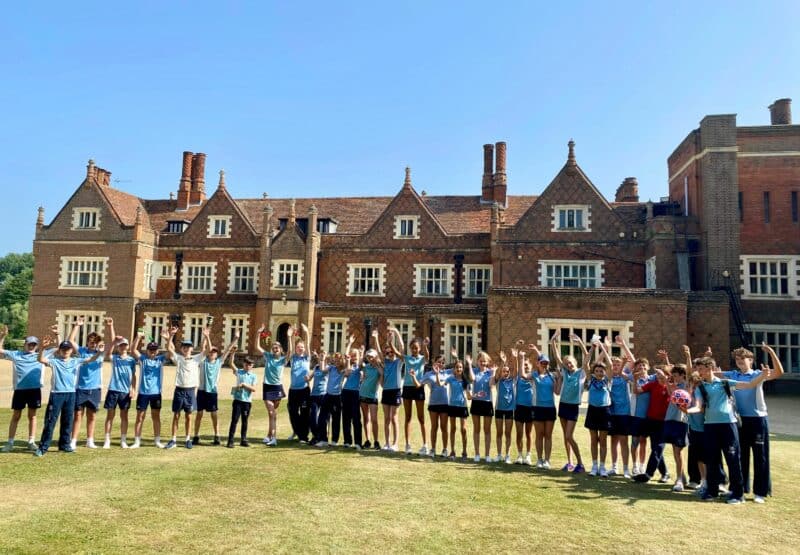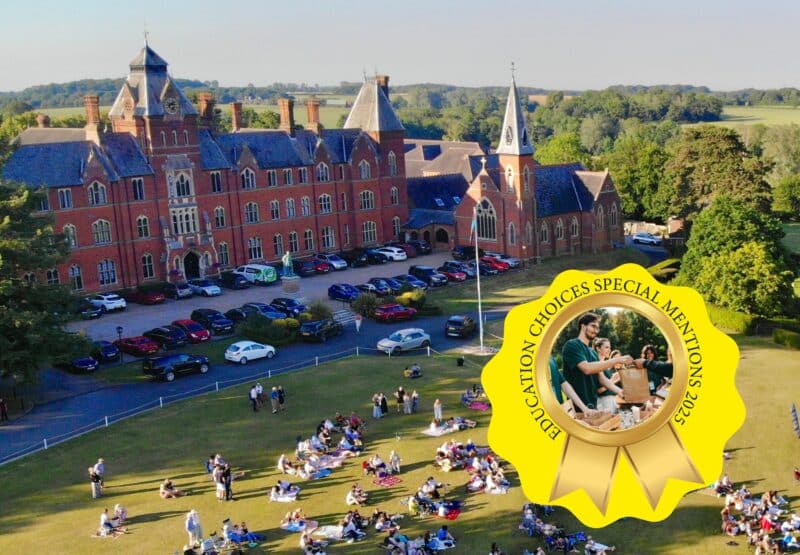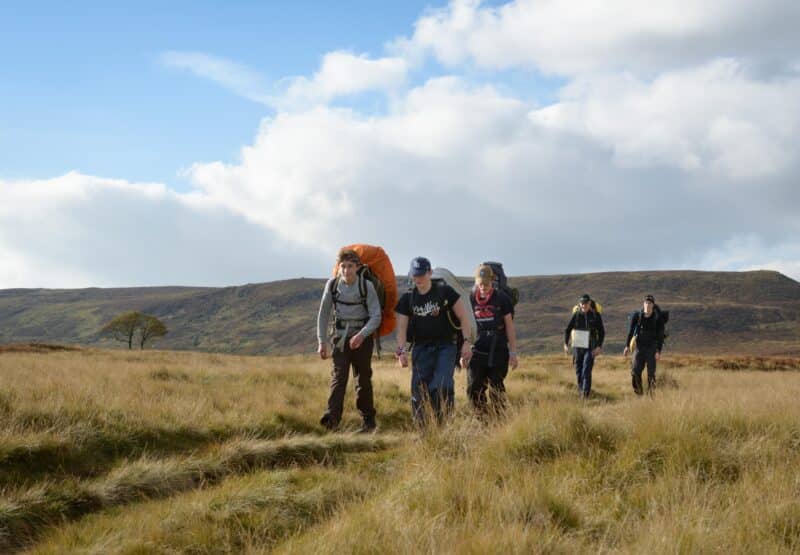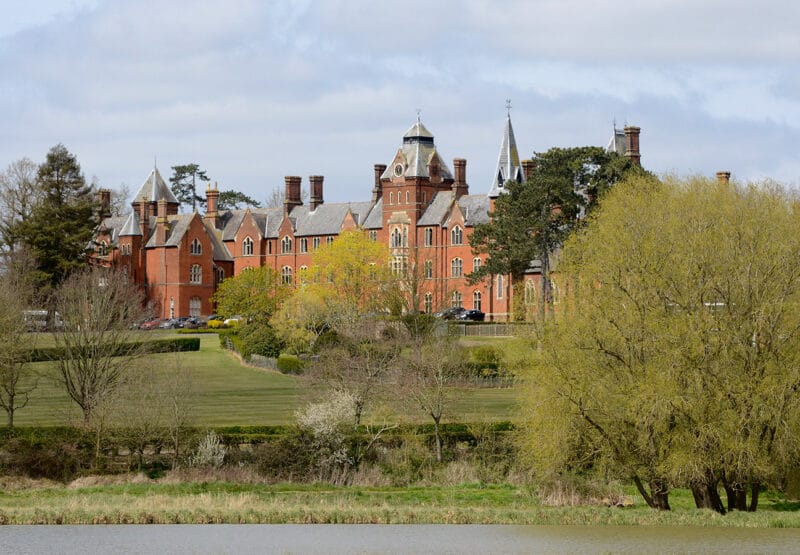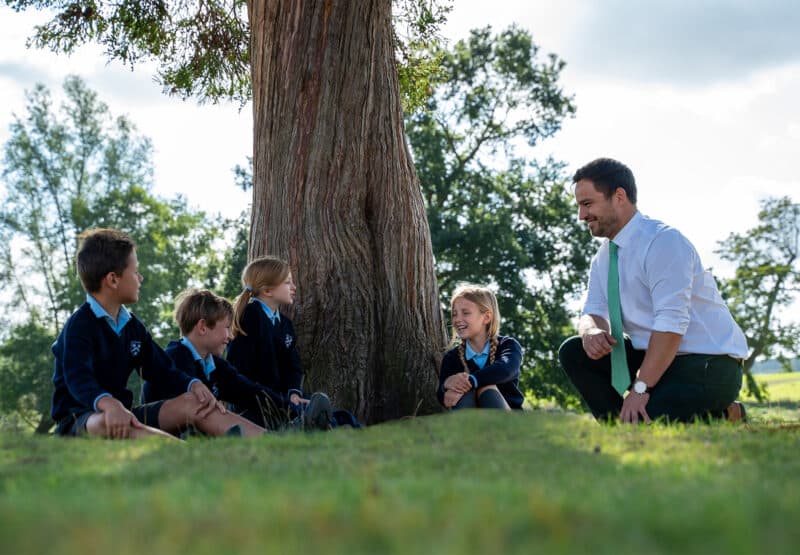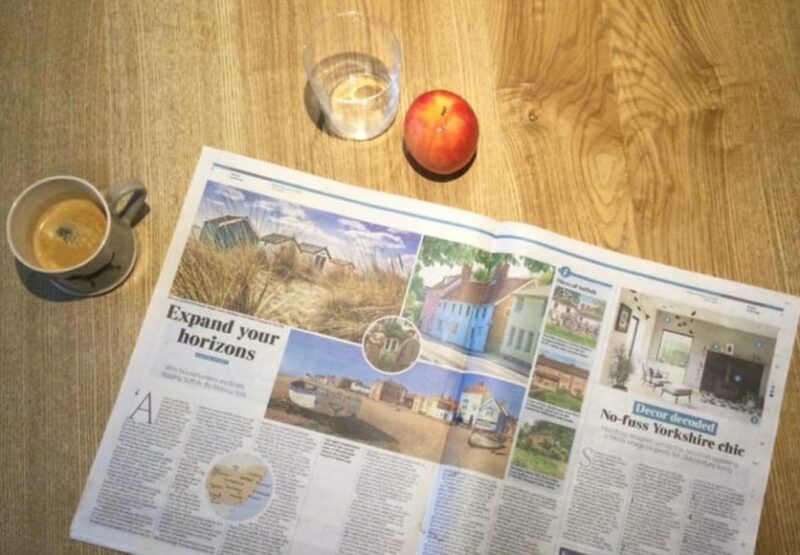Framlingham College Headmaster, Paul Taylor, used his end of academic year address to highlight the explosion of social media, the teenage obsession with it and the need as a school to educate pupils to use phones responsibly. Speaking at our annual Speech Day event, he also reflected on the changing path of politics and its increased engagement with young people.
Mr Taylor’s address delivered three key points:
- The changing path of Politics and its increased engagement with young people.
- The explosion of social media, the teenage obsession and the need as a school and as parents to educate pupils to use phones responsibly.
- The necessity to build in more TIME for reflection away from the frenetic world.
Mr Taylor’s Speech In Full:
When I stood here last year, it was but a week or so after the EU Referendum and – wherever one stood on the matter – we were all still coming to terms with the momentous decision that had been taken by the British people. People saw that as a seismic event and a ‘wake up call’ to the establishment. Well, here we are a year on and if that establishment had any thoughts of sleep they have since been disappointed as wake-up call has followed wake-up call, with elections in the USA, France and just this month in Britain decimating all the so-called ‘norms’ of electoral behaviour. Nothing is now impossible in politics, and of course many would say that is a good thing. Now I’m not going to offer any personal reflection on the rights and wrongs of the recent election, but as a schoolmaster it has been fascinating witnessing the impact on our charges. We should not underestimate the amount of fear that there is out there among the young as the old certainties start to disappear, and we all have to bear some responsibility for that. The binary world that we have created of personality politics and referenda – him/her; yes/no; in/out; – have led to a simplistic black & white, good or bad, hero or villain picture of the world that is in danger of leading to unnecessarily extreme solutions. Nuance and compromise have taken a back seat and we need to be very, very wary of that. There is an irony in the fact that all this coincided with the year in which Bob Dylan was awarded the Nobel Prize for Literature – another slap in the face for historical norms: there is no doubt that times they are indeed a-changing, though perhaps not quite in the way – or in the direction – originally envisaged by Dylan.
One effect of all this, however, that does echo Dylan’s 1960s, is that the young have once again been showing real engagement in politics: they care and I have been delighted to see the interest they have been showing in recent political debates. The young bring a refreshing perspective that has to be listened to and that has to be respected, and there is much that we can learn from them; yes, that perspective might be tempered by idealism and naivety – but you know we could all probably do with a little more of that!
So…… after too many years of political apathy – or perhaps alienation – and the realisation through the price they feel they paid with Brexit for not exercising their political voice at the ballot box, it is good to see the young flexing their political muscle. Our role as parents and teachers is to ensure that their views are indeed respected and that their engagement is as well-informed as possible. Interesting times…….
One of the core change-drivers in the political world has been the increasing use of – and power of – social media. President Trump is the first world leader to govern by tweet, and perhaps the simplistic exposition of policy demanded by the 140-character limit has played its part in the erosion of nuance from today’s political discourse. Social media has been around for a while now and it has impacted on school life for good and for ill. Talking with parents here and with other Heads however, there is a sense that the last 12-18 months have seen a step-change in the intensity of teenage obsession with – perhaps even addiction to – social media.
There is a growing realisation that there are some fundamental social and societal impacts here that are in danger of eroding by stealth many of the essentials of being community – and communicating – human beings. I think we sometimes forget quite how quickly this has all happened. When I first took over the running of a boarding house I had never sent an e-mail and did not own a mobile phone. By the time I came to Fram in 2009, every pupil had a mobile phone, but even then a phone was for phoning and texting, or at the top of the range, taking photos. The current generation of phones provide instant access to more information than the biggest library could store and the ability to be in touch with anyone across the world in an instant, as well as being a fully blown entertainment centre, and – very occasionally – a device for making phone calls. This explosion of technology, the all-pervading nature of social media, and the pressures that these bring have all come about so quickly that, as a society, we have not been able to properly reflect on whether we WANT to have them, but only that we CAN have them.
So how do schools handle this phenomenon? Well, a few schools have banned them entirely while others have tried to embrace them. Our position up until now has always been about education: educating our pupils to use these devices responsibly, recognising the many benefits that they bring while not being blind to how they can be abused for less constructive ends. And there is no doubt that most young people learn good lessons about how to use technology positively, and that by the time they move on from Fram they are responsible and respectful in their use of mobile phones. However, increasingly, our concern is that this learning process can involve a lot of mistakes, and with social media, some of these mistakes can be seriously damaging. Whether it is loss of sleep (surely one of the most underrated and very real dangers of these devices); an addictive need to check the ‘likes’ on Instagram or Facebook; an easy means to court cheap peer approbation through being unkind to another pupil; whether it is a means of sharing of inappropriate images – sometimes of themselves – that then get circulated more widely than originally intended; or whether it is the unwinnable game of comparing one’s own on-line persona with the filtered and crafted images of everyone else’s. This is an exhausting world that has sucked us all in – and adults can be absolutely as bad as teenagers!
Hence our trial last week when Years 9 & 10 were not allowed phones in school during the school day, in prep or after bedtime. The number of supportive emails that we had from parents on the announcement – and it was something of a flood! – told its own story, while the survey among staff and pupils after the trial also threw up some interesting observations. Most pupils actually did see the benefits, though some remained angry, while of course unintended consequences included the rush at break and lunch times to get the fix of social media! We now need to reflect properly on the trial and we will share any long term policy changes with pupils and parents at the start of next term.
Please be assured we do not set ourselves up as any sort of experts in this field. The truth is, no one is an expert as this is all so fast-moving. But there are principles here that can be applied and the challenge for us – as schools and as parents – is teaching the children the difference between using technology and being used by it!
This whole area, of course, is a reflection of the frenetic lives we have carved for ourselves these days. We have started a large number of our Chapel services this year with some minutes of calm & reflective silence – that rare gift – and many pupils have shared with me how much they have enjoyed that – often to their own surprise. I was reminded of this just after the recent election, when I was told off by my wife for watching the Sunday morning political programmes where all the key party leaders were being interviewed. I confess to being a bit of an election junkie, and I was very keen to see what Corbyn and others were saying in the wake of the election. Amanda was right of course (how annoying!), and her point was not just about me watching this interview, but also that the politicians themselves are no longer afforded any time to properly reflect and consider at length the options available to them. Here we were, just days after the most tumultuous election in recent history, and ‘answers’ were being demanded. Where is the time for that thought and reflection that leads to balanced and considered responses?
TIME – and how we use it – is so important: there is a well-known adage that ‘Europeans make watches; Africans make time’, and anyone who has read the wonderful African literature of the past few decades – Chimamanda Adiche; Chinua Achebe – will have been struck by how much time the characters had in their lives and consequently how well they used it: for each other, for themselves and in terms of both personal and community development.
Here at Fram we lead very full lives and I do sometimes wonder whether we are doing ourselves much of a favour by packing in as much as we do. However, we are then left with the quandary of what do we give up? In the end it is absolutely right that there is so much on offer here, and I remain hugely impressed by how many of you pupils make the very most of these opportunities. However, I would urge you all to carve out time for ‘nothing’ in your busy days and weeks. Time to reflect, to grow, to discover yourself a little bit more. The boys and girls here would do well to remember Milton’s description of time as ‘that subtle thief of youth’ – and one of those thieves of time in today’s world is, of course, those phones I mentioned earlier! Reflection is the fertile ground on which wisdom and perspective grow, and all of us – pupils, parents, staff – need to carve out more time for it. So……. you pupils must be sure that your youth is not stolen from you without you really noticing and resist being sucked into a world that moves too fast for its own good.
We hope that we are doing our bit to promote this at the College. I have already mentioned the use of silence in our Chapel services, and of course the profile of Mindfulness – which has been taught this year to both pupils and parents – also plays its part. The phrase ‘mental wellbeing’ has perhaps been rather overused of late, but it is no less critical for that and we work hard to give our pupils the tools they need to navigate this frenetic world on their own terms. We have also been working hard to offer an even stronger diet of those so called ‘soft skills’ that are so essential in order to flourish in today’s world. Our Year 10s enjoyed a Trading Day a couple of weeks ago, culminating in a productive set of Dragon’s Den type presentations, while the Year 11s also benefitted from a post-GCSE course in life-skills. Year 12s have been undertaking a new ‘Extended Learning Programmme’ this year which explores issues and skills that lie outside the academic curriculum. In particular, there has been a great emphasis on developing leadership skills, and this course also offers students the opportunity to gain an actual qualification in leadership that will help their UCAS statements and CVs stand out from the crowd (to my knowledge, there is no other school in the area that offers an actual qualification in leadership). They also enjoyed an Enterprise day, where they were set tasks by local entrepreneurs and had to present their proposals, and a full morning where all received vital interview training.
I remain hugely grateful to the parents, OFs, governors and friends of the College who give up their time so willingly to make such valuable learning experiences possible. We are serious when we say we work hard to prepare students for the adult world they will face in the 21st century. We continue to promote skills that will serve them so well in their adult lives: of leadership, presentation – of both self and of ideas – and those personal qualities of resilience, measured risk-taking and understanding that failure is part of the process.
Academic qualifications are vitally important – and they will always be our principal focus – but they are not sufficient, and at Fram we place great emphasis on the development of these personal qualities and mindsets: you may have heard or seen the phrase ‘IcanatFram’ in various forms this year, and it is that ‘can do’, growth mindset that we want to embed in our pupils and in the culture here.
-Ends-

